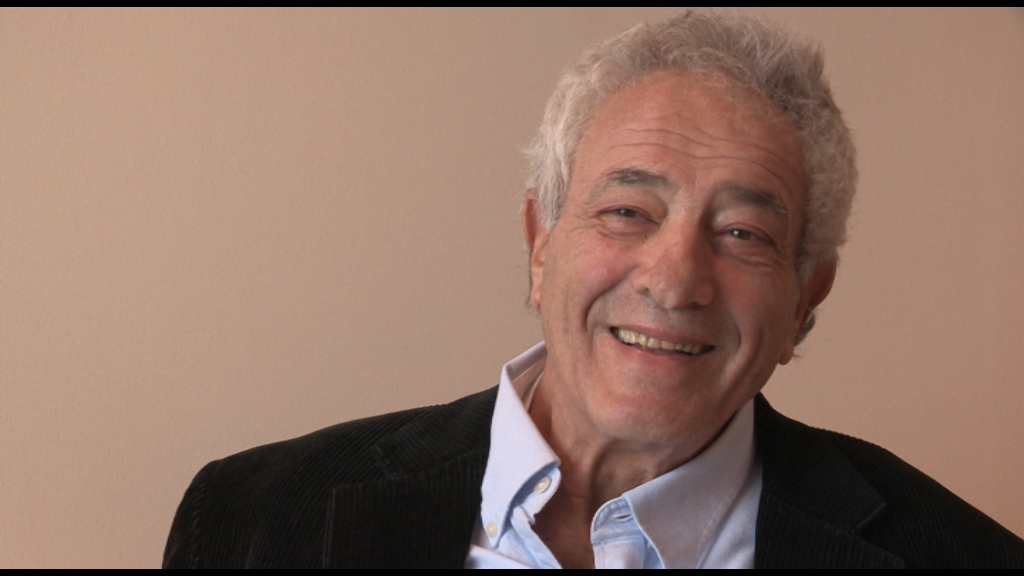NEXT STORY

My graduate life after Columbia and Oxford
RELATED STORIES

NEXT STORY

My graduate life after Columbia and Oxford
RELATED STORIES


|
Views | Duration | |
|---|---|---|---|
| 21. Don't ever sell out | 31 | 02:30 | |
| 22. Gaining experience in publishing | 22 | 01:51 | |
| 23. Making friends in the world of publishing | 30 | 03:18 | |
| 24. Introducing changes at Penguin Books | 32 | 04:08 | |
| 25. Getting noticed by Private Eye | 28 | 04:13 | |
| 26. Changing jobs | 20 | 05:22 | |
| 27. Joining Penguin Books | 22 | 01:20 | |
| 28. Publishing Philip Roth in paperback | 39 | 02:07 | |
| 29. Not yet a writer | 24 | 04:11 | |
| 30. My graduate life after Columbia and Oxford | 23 | 05:48 |


What I thought I wanted to do when I came back to Columbia after Oxford I thought I wanted to be a writer and I had to finance this in some way, or make a living more prosaically, and my parents, good bourgeois, didn't mind my writing, but they didn't think that was an enterprise which would lead me to be able to take care of myself; their concern was that I be able to do that. So I remember my father although he was very much a bookman he said, well, can't you write at night and earn a living at daytime. So I said, I suppose I can, but it was not my image of a writer. Having said that, many writers do exactly that and, in fact, a lot of writers teach at daytime and write on weekends and at nights and so on. It's not easy for writers to earn their own living.
But I took a different route, which I perhaps mentioned yesterday or the other day when we spoke, and I joined the Merchant Marine and I did it in the summer, the very summer that I graduated from Columbia. I recall that my parents went home. I got out of my cap and gown, went to my little flat which was underneath the barber shop and said what do I do now? And I didn't know and everybody had gone home to where they came from and my parents had gone home but left me there, probably by my choice. And I had been reading Conrad at that time and so I went down to the Brooklyn Navy Yard and hung around there for weeks and weeks and weeks, maybe a month, a month and a half until I bought the right beer for the right guy and got my seamen's papers, you had to have the promise of employment, and I worked as a engine wiper on ships going to Panama and, but...
[Q] What's an engine wiper?
Well, you basically didn't do much wiping, but you were down in the hold of the ship which was very hot and I don't think there was any air-conditioning. These were old ships that had fought in World War II and the heat was incredible and added to by the heat of the Caribbean as we went down there, and we basically checked gauges to see if that the pressure or whatever it is – it's too many years now, I don't know what I was even checking the gauges for – but for each gauge I knew what the tolerance level was. They explained it to me and I went from gauge to gauge checking them. I suppose at the time of Conrad the engine wipers did more than check gauges: they probably wiped. I didn't do very much wiping as a recall, but I did have to go every hour up above deck where it was just as hot as below or practically as hot as below, but there was a bit of a breeze, just to get some air and the fumes were pretty terrible down in the hold of the ship. That's the long answer to your short question what's an engine wiper. I was qualified as an engine wiper. I think that means that I wasn't qualified for anything except looking for gauges… looking at gauges.
Peter Mayer (1936-2018) was an American independent publisher who was president of The Overlook Press/Peter Mayer Publishers, Inc, a New York-based publishing company he founded with his father in 1971. At the time of Overlook's founding, Mayer was head of Avon Books, a large New York-based paperback publisher. There, he successfully launched the trade paperback as a viable alternative to mass market and hardcover formats. From 1978 to 1996 he was CEO of Penguin Books, where he introduced a flexible style in editorial, marketing, and production. More recently, Mayer had financially revived both Ardis, a publisher of Russian literature in English, and Duckworth, an independent publishing house in the UK.
Title: Not yet a writer
Listeners: Christopher Sykes
Christopher Sykes is an independent documentary producer who has made a number of films about science and scientists for BBC TV, Channel Four, and PBS.
Tags: Columbia, Joseph Conrad
Duration: 4 minutes, 11 seconds
Date story recorded: September 2014-January 2015
Date story went live: 12 November 2015